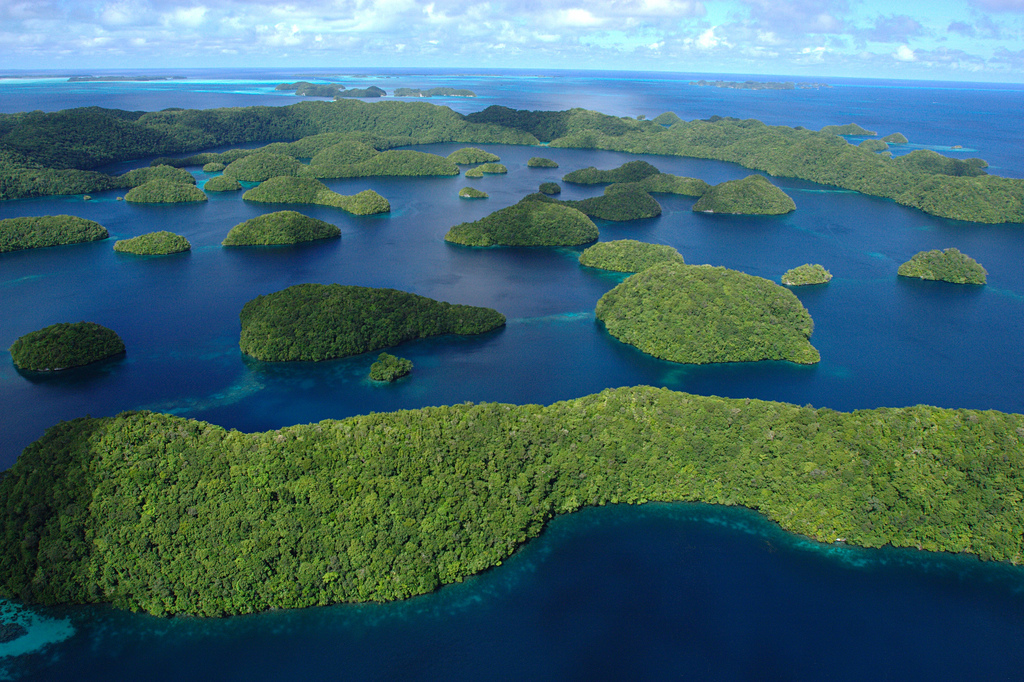
(Photo: LuxTonnerre/Flickr)
Midway through December, 2015, the Pacific Island nation of Palau created a marine protected area (MPA) the size of California, helping to conserve tuna populations and a host of other marine species.
“We will not restore the health of our planet without repairing the well-being of the ocean,“ wrote Tommy E Remengesau Jr. – Palau’s president – in a column in The Guardian newspaper.
“Our climate is partly driven by our ocean, and marine reserves are one of many important tools that can be used to build the ocean’s resilience against the impacts of climate change,” he added.
Over the next five years all commercial fishing in 80 percent of Palau’s waters will be phased out. In the remaining 20 percent, local and small-scale commercial fishing with limited exports will still continue.
The Global Ocean Legacy (GOL) project, a philanthropic partnership that promotes the creation of marine reserves, has been working with the government of Palau to provide education and consultation services for the marine reserve process.
What is remarkable about the Palau MPA, and the majority of protected areas advanced by the GOL, is that they are designated ‘no take.’ This means that commercial fishing and extractive industries are prohibited.
According to a recent study published by Lisa Boonzaier and Daniel Pauly from the Sea Around Us, only .5 percent of the world’s MPA’s are considered ‘no take.’
Dr. Pauly believes these protected areas will help restore much of the fish population that was affected by industrial fishing.
“You can see that the biomass of fish that was once exploited — soon increases,” he said in an interview.
Palau is hoping that the revenue lost from fishing will be gained through tourism. The island nation is already a top ten global diving destination, with around 90,000 divers visiting annually, and estimates of close to 180,000 visitors arriving in 2016.
“In the long run, a shark in the water is worth five or six times more than a shark sold for its fin,” said Dr. Pauly.
Dr. Deng Palomares, a senior scientist with the Sea Around Us, has conducted several studies for the GOL looking at the rich biodiversity of Palau’s marine ecosystems.

